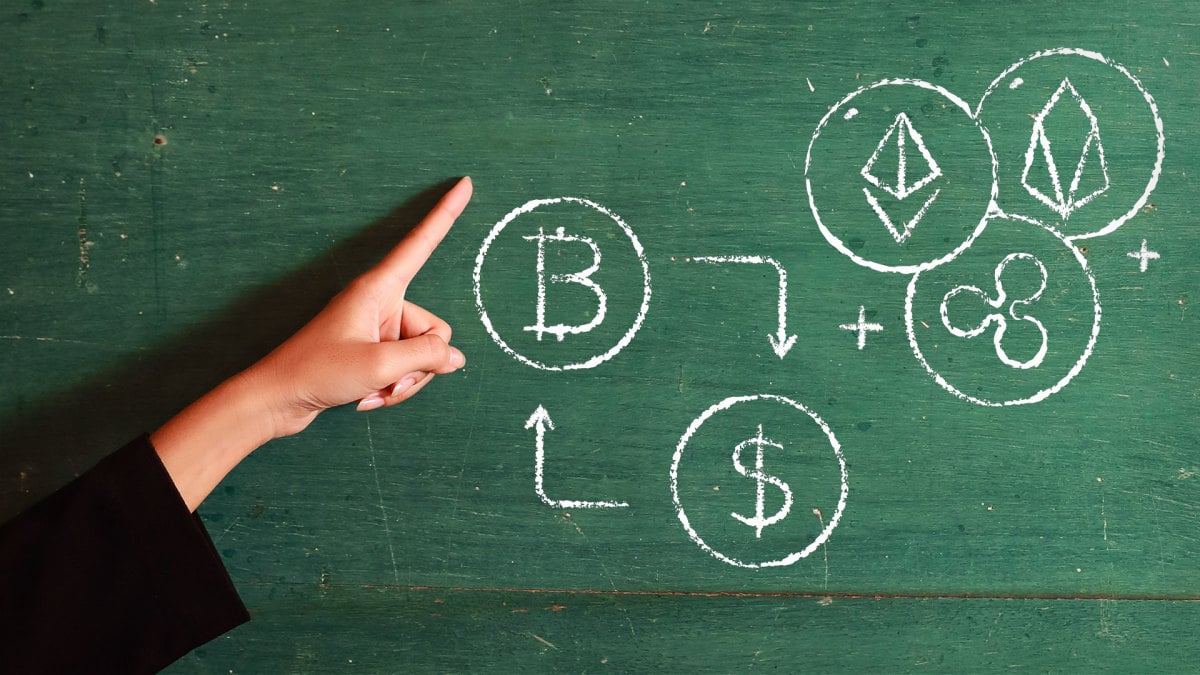As knowledge progresses on a global level, there is a need to keep up with the fast pace, and India is doing that by revising its school curriculum.
In its updated syllabus, The Uttar Pradesh (UP) Secondary Education Board has introduced new technology-focused topics. These topics are cryptocurrency, drone technology, augmented reality (AR), virtual reality (VR), Internet of Things (IoT), 3D printing, and cloud computing. They are for students attending classes 9 to 12.
This new development is in consonance with India’s mandate to have an educational system which is second to none by 2040. The National Education Policy addresses the evolving necessities of India by creating a society with reduced poverty and more employment opportunities.

The report states that students of the UP Board will be prepared for the evolving tech industry through certain modifications. These modifications involve the removal of chapters on history and computer models from the curriculum. This prioritizes modern tech education above outdated ones.
Traditional C++ and HTML programming courses have been substituted with coding languages, like Python & Java, for classes 11 and 12. Additionally, students in class 10 will be taught the basics of avoiding cybercrime, phishing, and hacking. Class 9 students will learn computer networking, communication, and programming fundamentals.
Reacting to the news, Secretary Dibyakant Shukla said that the new syllabus was designed to meet the needs of this era. She stated that the government wants to provide their students with “the best” and also encourage “qualities of discipline, self-confidence, and balance”.
The computer education curriculum is taught in over 28,000 schools under the UP Board, and the revisions to the computer curriculum are significant. This is because unlike other disciplines, they do not adhere to the National Council for Educational Research and Training (NCERT).
The move by the UP Board is not the first of its kind. The National University of Mongolia in 2022 showed its support for blockchain in education. Also, Texas A&M University is offering a course about Bitcoin. These examples show that cryptocurrencies, NFTs, Metaverse, and blockchain technology take the stage in the field of education.
This move by Uttar Pradesh Board will help improve the learning experience of students and prepare them for jobs of the future.
 Uzoamaka U.
Uzoamaka U.













